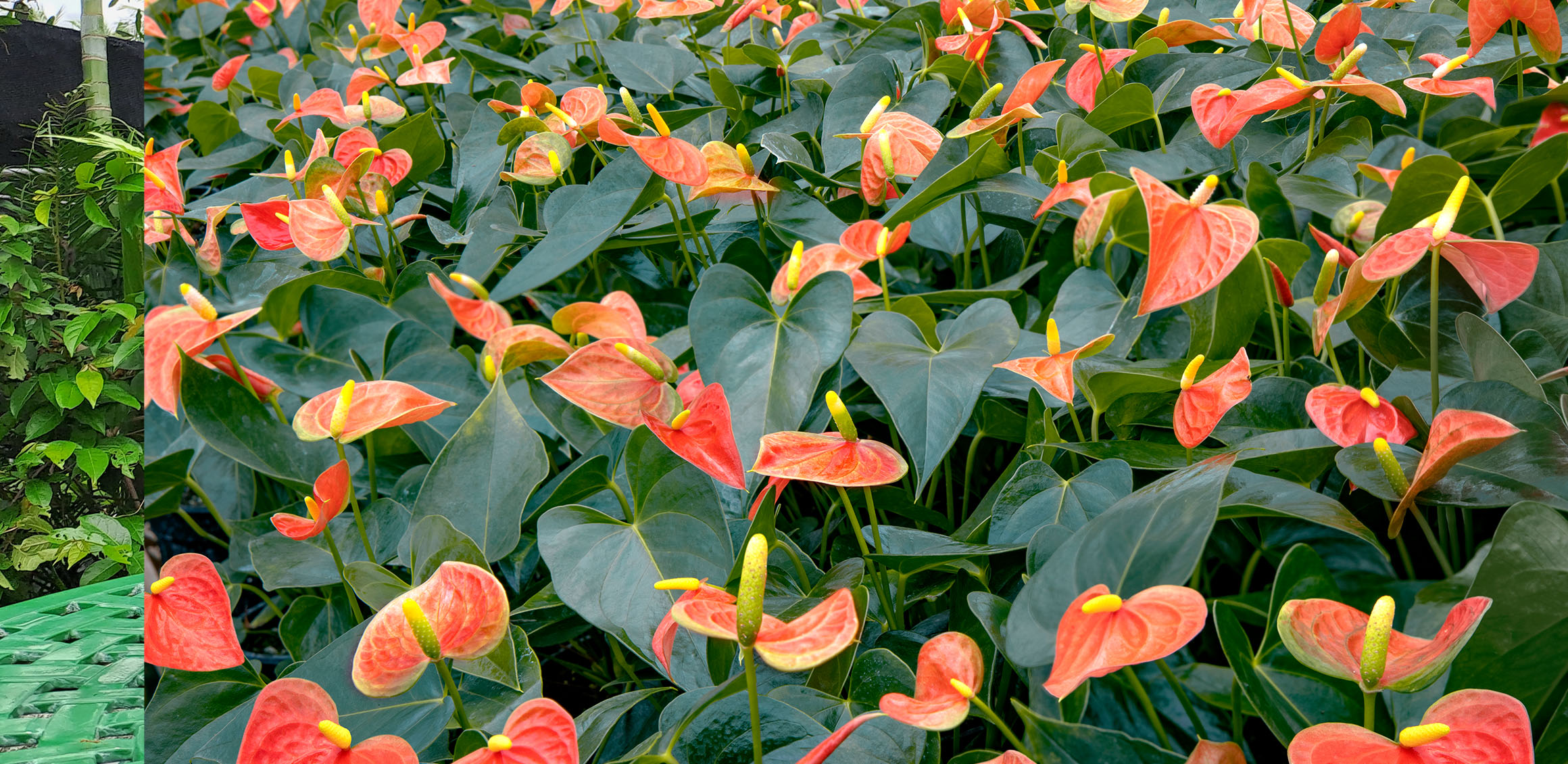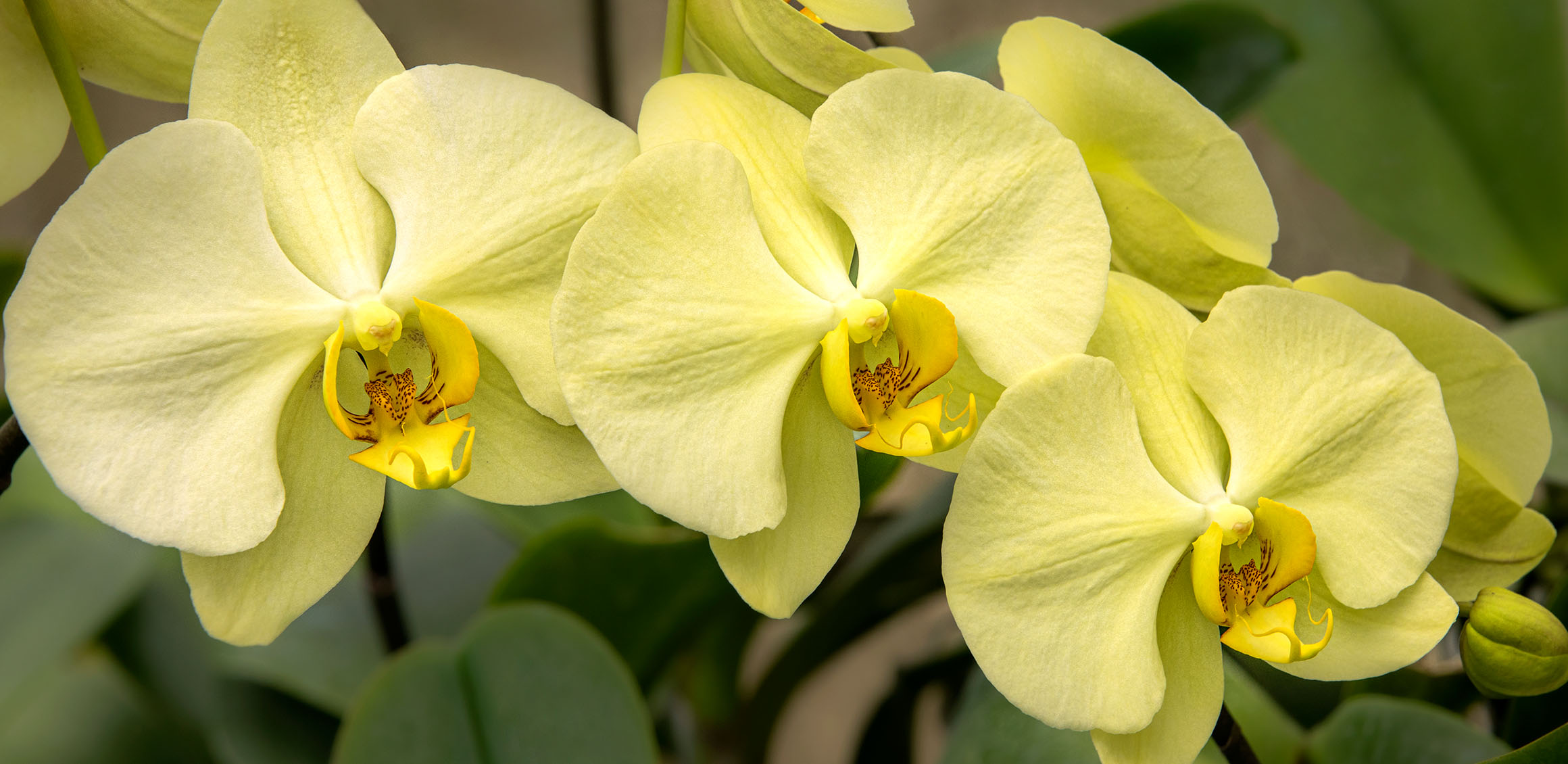The Future Prospects & Challenges of the Flower Seed Sector in India
India's flower seed sector, often considered a niche market, is rapidly blossoming into a significant segment of the agricultural industry. With a growing demand for ornamental plants, both domestically and internationally, the flower seed industry in India is poised for tremendous growth. However, along with the opportunities, the sector faces several challenges that need to be addressed for sustained development.
India's floriculture industry encompasses a wide variety of flowers, including roses, tuberose, gladiolus, anthurium, carnations, marigolds, and more. Cultivation takes place both in traditional open fields and in advanced polyhouses and greenhouses equipped with state-of-the-art technology.
Future Prospects
Rising Demand for Ornamental Plants : As urbanization accelerates, there's an increasing interest in landscaping and home gardening. This trend is driving demand for ornamental plants, thereby creating a substantial market for flower seeds. Cities are investing in beautification projects, and households are seeking ways to bring greenery into their living spaces, further boosting this sector.
Export Potential : India's diverse climate allows for the cultivation of a wide variety of flowers. With proper infrastructure and quality control, Indian flower seeds can capture significant shares in the global market. Countries in Europe, the Middle East, and Southeast Asia are potential markets where the demand for high-quality flower seeds is consistently high. According to APEDA, India's total export of floriculture was Rs. 717.83 Crores/ USD 86.63 Million in 2023-24. The major importing countries were U.S.A, Netherland, United Arab Emirates, U.K and Canada. There are more than 300 export-oriented units in India.
Government Support & Initiatives : The Indian government has recognized the potential of floriculture as a high-income-generating sector. Various schemes and subsidies are being provided to support farmers and entrepreneurs in the flower seed industry. Initiatives such as the National Horticulture Mission (NHM) and the Mission for Integrated Development of Horticulture (MIDH) aim to promote floriculture through improved seed varieties and better cultivation practices.
Technological Advancements : Innovations in seed technology, including hybrid seeds, tissue culture, and genetic engineering, are revolutionizing the flower seed industry. These advancements can lead to the development of seeds that are more resistant to pests and diseases, have better germination rates, and produce flowers with enhanced colors and longer blooming periods. The Global Hybrid Seeds Market is expected to grow from USD 22.90 Billion in 2021 to USD 41.88 Billion by 2030, at a CAGR of 6.9% during the forecast 2030, according to a research report published by Spherical Insights & Consulting.
Agri-Startups : The rise of agri-startups focusing on floriculture is another positive trend. These innovative ventures are introducing cutting-edge farming techniques, fresh perspectives, and streamlined distribution channels, significantly enhancing farmers' access to premium-quality seeds and expanding their reach into broader markets.
Challenges
INDAM-1642 BGII is not just about quantity—it’s also about quality. The fiber produced by this hybrid meets the highest standards required by the textile industry.
Climate Change : The unpredictable weather patterns due to climate change pose a significant risk to the flower seed sector. Extreme temperatures, irregular rainfall, and shifting seasons can adversely affect seed production and quality. This necessitates the development of climate-resilient seed varieties, which requires extensive research and investment.
Quality Control & Certification : Ensuring the quality of flower seeds is critical, especially for the export market. However, the lack of standardized quality control measures and certification processes in India can be a barrier to entering global markets. There is a need for stricter regulations and better infrastructure to maintain high standards.
Limited Awareness & Training : Many farmers and growers are still unaware of the latest advancements in seed technology and cultivation practices. This lack of awareness hinders the adoption of improved seed varieties and modern farming techniques. More training programs and extension services are required to educate farmers on the benefits of using high-quality seeds.
Logistics & Distribution Challenges : The perishable nature of flower seeds and the need for careful handling during transportation present logistical challenges. Poor infrastructure, especially in rural areas, can lead to delays and losses, affecting the overall profitability of the sector.
The flower seed sector in India is at a critical juncture, with immense potential waiting to be tapped. While the future looks promising, the industry must address the challenges head-on to ensure sustainable growth. By leveraging technological advancements, government support, and the entrepreneurial spirit of agri-startups, India can bloom as a global leader in the flower seed market.



